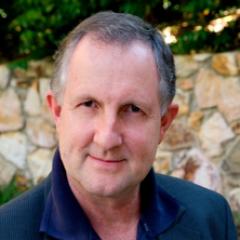Structural biology and biochemistry
Our structural biology and biochemistry research focuses on understanding basic processes involved in cell regulation and disease at a molecular level.
We use biophysical techniques such as X-ray crystallography and NMR spectroscopy, together with computer simulations and modelling techniques, to understand at an atomic level how proteins and peptides interact with themselves and other cellular components such as lipids and sugars to form functional complexes.
We use biochemical and molecular biology approaches to probe differences in protein expression, interactions or activity associated with different disease states.
Theme leader: Associate Professor Michael Landsberg
Research disciplines
Biochemistry and molecular biology
Biotechnology
Inorganic chemistry
Microbiology
Organic chemistry
Physical and computational chemistry
Research themes
Advanced functional materials
Biomolecular and medicinal chemistry
Computational molecular science
Infection and immunity
Molecular genetics and genomics
Science education
Structural biology and biochemistry
Synthesis and catalysis
Theme members
Professor David Ascher - Modelling biological data to gain insight into fundamental biological processes
Dr David Cantillo - Organic chemistry; synthetic organic electrochemistry; flow chemistry
Professor Gary Schenk - Physical chemistry: structure, function, mechanism and pharmaceutical potential of metalloenzymes
Professor Katryn Stacey - Cellular response to foreign nucleic acids
Dr Justin Ridge - Research skills: how can students learn key research skills and how can we assess this










